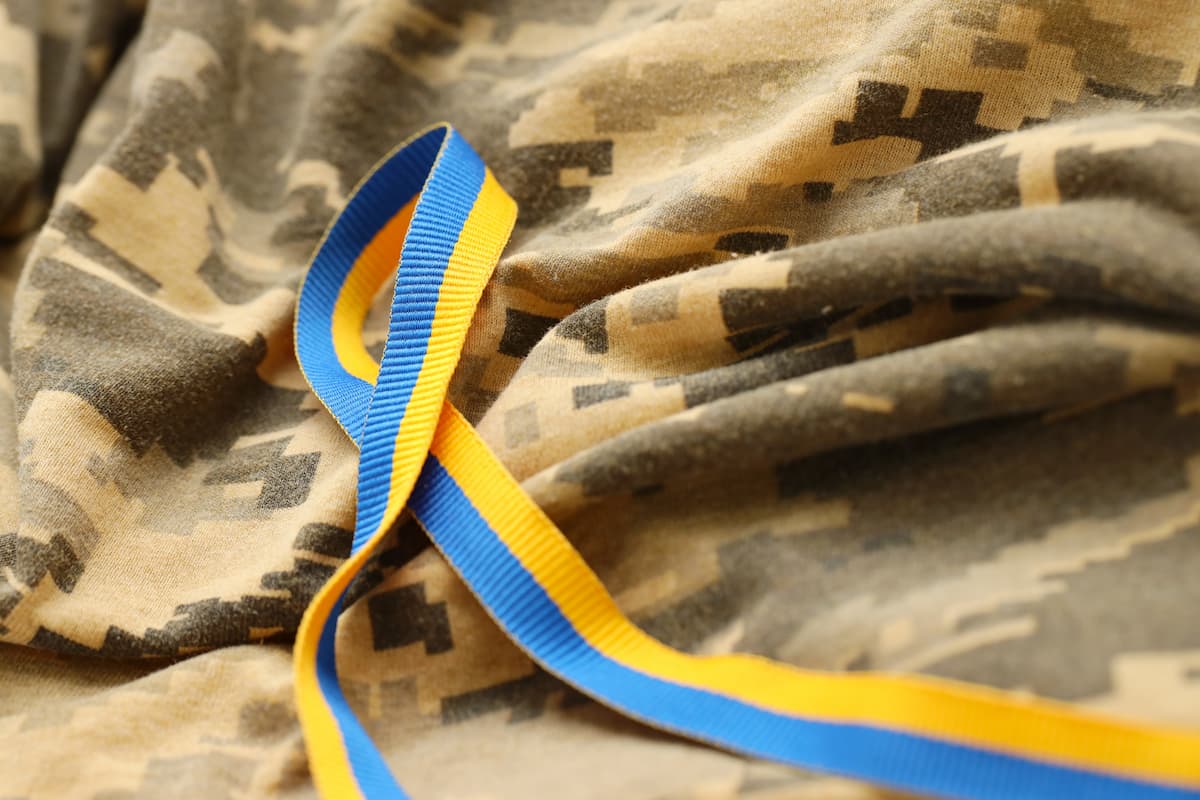Lawyer
Legal aspects of radio and television broadcasts under martial law
Restrictions and requirements under martial law
In the conditions of martial law, the state has the right to introduce certain restrictions on the activities of mass media in order to ensure national security. This includes:
Censorship:
The introduction of censorship to prevent the dissemination of information that could harm national security or demoralize the population. Consulting a lawyer will help you understand the limits of legal censorship and avoid violations.
Content restrictions:
Prohibition on dissemination of certain types of information, such as military secrets, war propaganda, calls for violence. A legal opinion will help determine which content is subject to such restrictions.
Control by state bodies:
Implementation of control over media activities by state bodies, including the right to demand the termination of broadcasts or changes to program content.
Organization of radio and television activities
The organization of radio broadcasting and television broadcasts under martial law requires compliance with a number of procedures and requirements:
Licensing:
Obtaining appropriate licenses for radio broadcasting and television broadcasting. This includes compliance with the requirements of license terms and relevant regulations.
Analysis of documents:
Analysis of founding documents, license agreements, broadcast contracts, as well as internal company documents. Consulting a lawyer will allow you to identify possible legal risks and prevent violations.
Ensuring uninterrupted operation:
In the conditions of martial law, it is important to ensure uninterrupted operation of radio and television stations. This includes protection of technical equipment, safety of personnel and back-up plans in case of emergencies.
Legal opinion and lawyer's legal opinion
A legal opinion and a lawyer's legal opinion will help ensure legal protection and compliance of radio and television activities with legal requirements.
Legal opinion:
The legal opinion includes an analysis of the legal basis for the activity, an assessment of the relevant legal acts and recommendations for their compliance. This will help ensure the legal protection of the company and avoid legal conflicts.
Legal opinion of a lawyer:
The lawyer's legal opinion includes a legal assessment of the situation, determination of legal mechanisms to protect the company's rights, and proposals for legal protection in case of conflicts.
Legal protection and legal support
In case of legal disputes or claims against the radio or television company, the lawyer provides legal support in court. This includes preparing pleadings, gathering evidence and representing the company's interests in legal proceedings.
National courts:
Radio and television companies can apply to national courts to protect their rights. Consulting a lawyer will help prepare the necessary documents and ensure legal protection.
International courts and organizations:
In cases of violations of international norms, international courts and organizations such as the European Court of Human Rights can be referred. This requires preparation of appropriate appeals and legal justification of requirements.
Conclusion
Legal regulation of radio and television broadcasts under martial law is an important aspect of ensuring national security and public order. Consultation of a lawyer, analysis of documents, legal opinion and legal opinion of a lawyer will help to ensure the legality and effectiveness of the activities of mass media.
A legal opinion will help to determine the legal basis for the activities of radio and television, to evaluate normative legal acts and to provide recommendations on their compliance. A lawyer's legal opinion will provide a legal assessment of the situation and suggest legal mechanisms to protect the company's rights.
Court protection and legal support allow you to effectively protect the rights of radio and television companies and ensure the fulfillment of their important mission in the conditions of martial law.

































